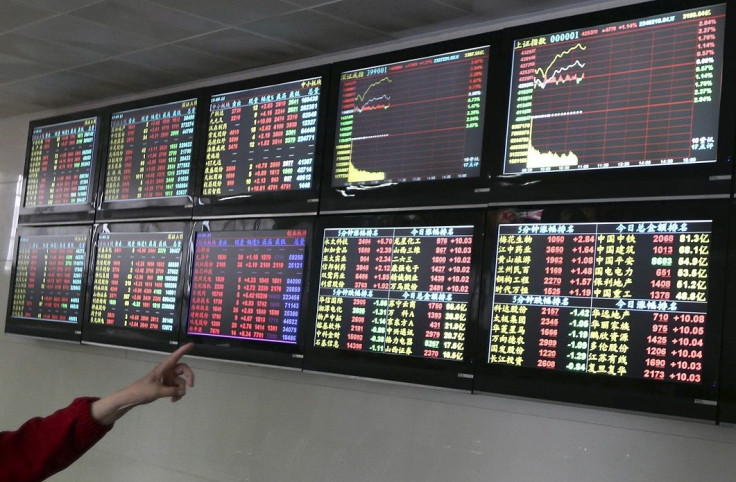China does stock damage control with new market crackdown measures

Chinese regulators have started implementing measures to manage equities but more than a month now, it appears the market is still underwater. However, experts are saying that this may not be a bad thing. Further, China stock rose and rebounded from a three-week low possibly giving way for more optimistic outlooks.
Since June 27, Chinese regulators have started addressing market problems pulling in People's Bank of China in a form of surprise interest cute. However, Shenzhen shares plunged by as much as 18 percent, while Shanghai saw a 15 percent decline.
Investment director at Abeerdeen Asset Management Asia Chong Yoon Chou said in an interview with CNBC: "In a way, the failure of these circuit breakers, the ongoing market correction, is a good sign. I'd be worried if these support acts caused the market to rebound further into bubble territory."
He added: "I'd be concerned that the higher the market goes, the harder it crashes." To support claims that China's market is on track, Shanghai-based fund manager at JK Life Insurance Co. Wu Kan told Bloomberg that it appears goverment measures specifically short-selling restrictions are working now. He called it a rebound saying that based from the momentum, the trend should continue for several days.
In this case, investors thinking of borrowing shares may have to wait a day before paying back loans. The restrictions on short-selling is China's way of avoid marketing manipulation following the near US$4 trillion [AU$5 trillion] selloff.
As part of the initiative, regulators have started looking into "malicious" short selling. They have also began probing futures trading accounts under foreign investors. Major shareholders have also been prohibited from selling stocks. Other measures included calling out state-run institutions to use equity purchases to boost market and suspending initial public offerings. It may take some time before the market can it can seek a bottom. Analysts also noted that rebound may transpire over any time should volumes fail to increase.
Contact the writer at feedback@ibtimes.com.au, or let us know what you think below.





















